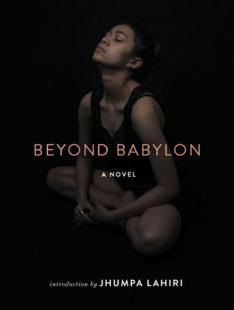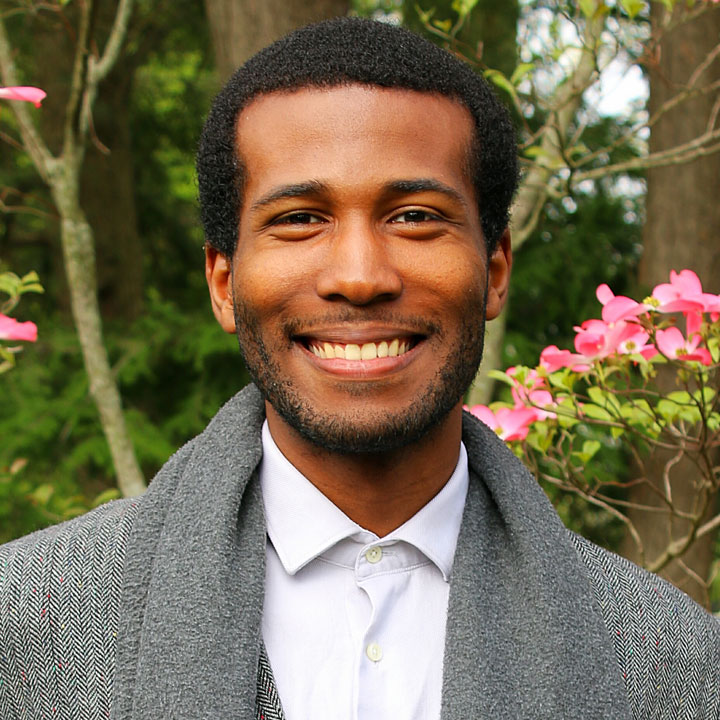Aaron Robertson ’17 Translates an Italian Author’s Seminal Work
Robertson now spends much of his time embarking on projects with a similar comparative lens. Specifically, he is focused on bringing the stories of Afro-Italians to the attention of global audiences. Robertson says his experiences in Princeton’s Italian and African American studies departments have largely shaped his career.
After taking Italian 101 his freshman year, Robertson became enamored with the language. “I loved it because the Italian department — they’re so thoughtful, they’re so caring, they devote so much of their time to each student, and so that kind of came across right away,” he says.
But it wasn’t until studying abroad that Robertson began to take a serious look at Italian culture as well. “The spring of junior year I studied abroad in Bologna, Italy, and that was by far the most rewarding experience of my life, frankly,” Robertson says. “That was really when I began to think about the various ways Italian politics and culture were a more larger, global story that encompasses not just Italians.”
It was in Bologna that Robertson was exposed to the author whose works would consume his life for years to come: Igiaba Scego.
Scego, an Italian author of Somali descent, is widely influential in her native Italy but mostly unknown to the rest of the world. In Italy, Robertson picked up Scego’s seminal work, Beyond Babylon, a multigenerational story threading Argentina’s dirty wars, Siad Barre’s brutal dictatorship in Somalia, and the rise of far-right politics in Italy.
“Upon first reading she reminded me so much of Toni Morrison,” Robertson says. “The story she was telling was so ambitious. It was international in scope, but it was also the kind of narrative that balances individual and national trauma.”
“That was something that I hadn’t seen done so expertly before,” he adds.
Robertson wrote a junior paper analyzing the novel, and when it came time to write his senior thesis, he decided to delve further, with the goal of translating the full work— more than 400 pages — into English. Robertson recalls the various challenges he faced with his ambitious project. “By the time of winter break I had only translated 80 pages,” he says.

Robertson’s translation of Scego’s Beyond Babylon was released last month, with a foreword written by Princeton creative writing professor Jhumpa Lahiri. Through the process, Robertson has developed a relationship with Scego herself.
“She’s been extremely gracious to me,” he says. He plans to work as her official translator for future releases in English.
“I’m currently working on her autobiography,” he says.












No responses yet